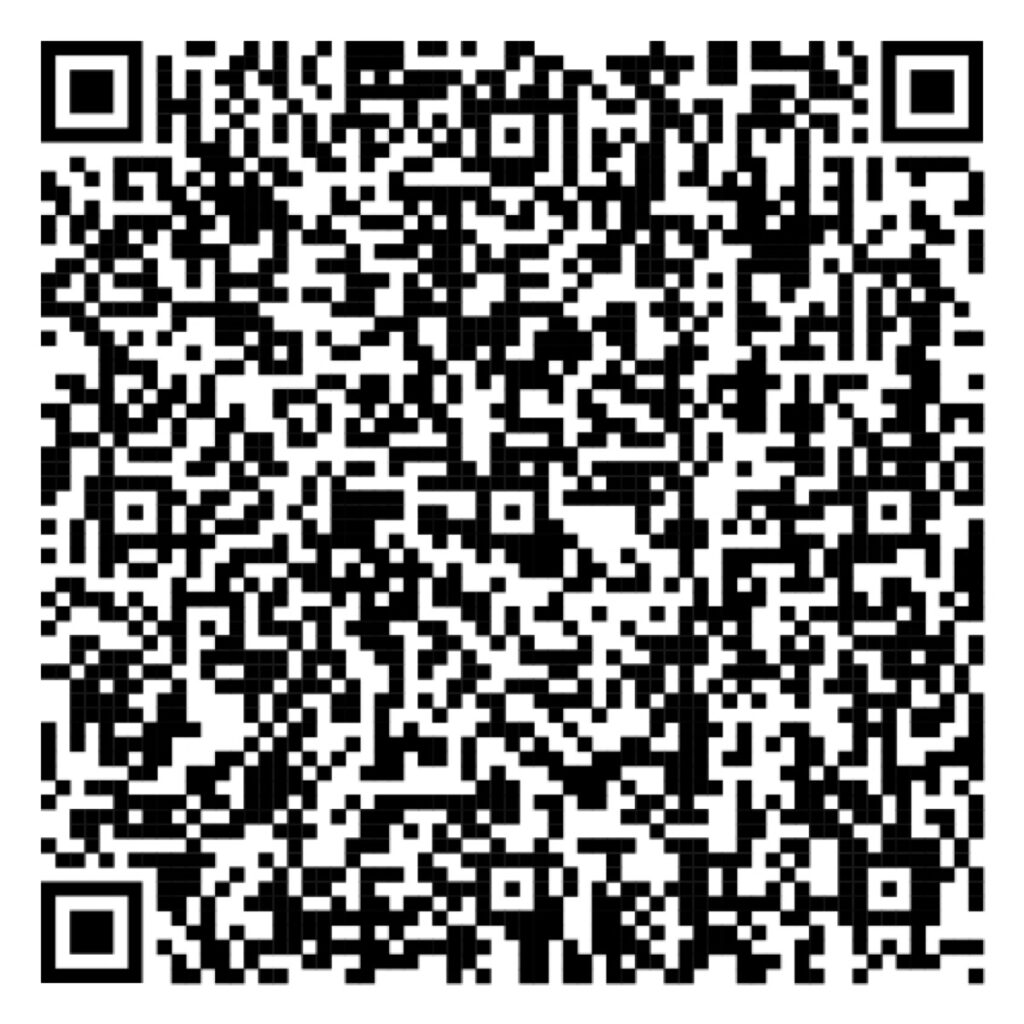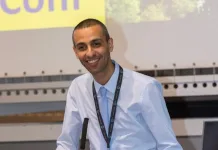Produced in partnership with the NHS
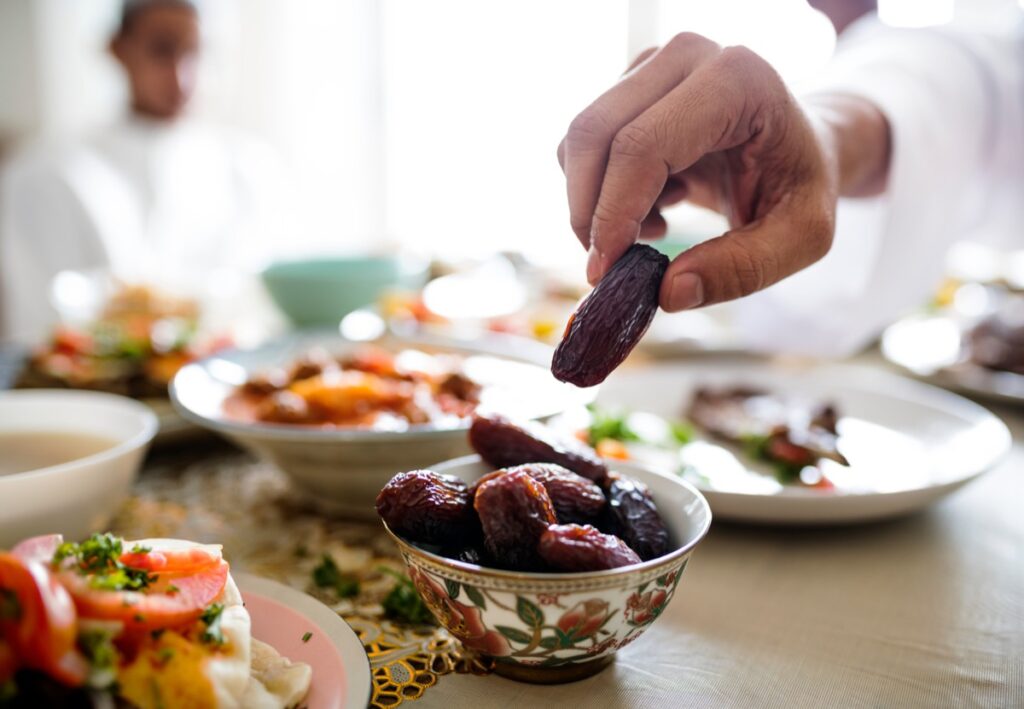
“As a Muslim healthcare professional, I know our faith and our health, go hand in hand. Ramadan is the perfect time to check in with ourselves and loved ones, to make sure we’re living life as best we can.” – Dr Salman Waqar
As we approach the holy month of Ramadan, it’s a chance to reflect on our lives and make positive changes for the year ahead.
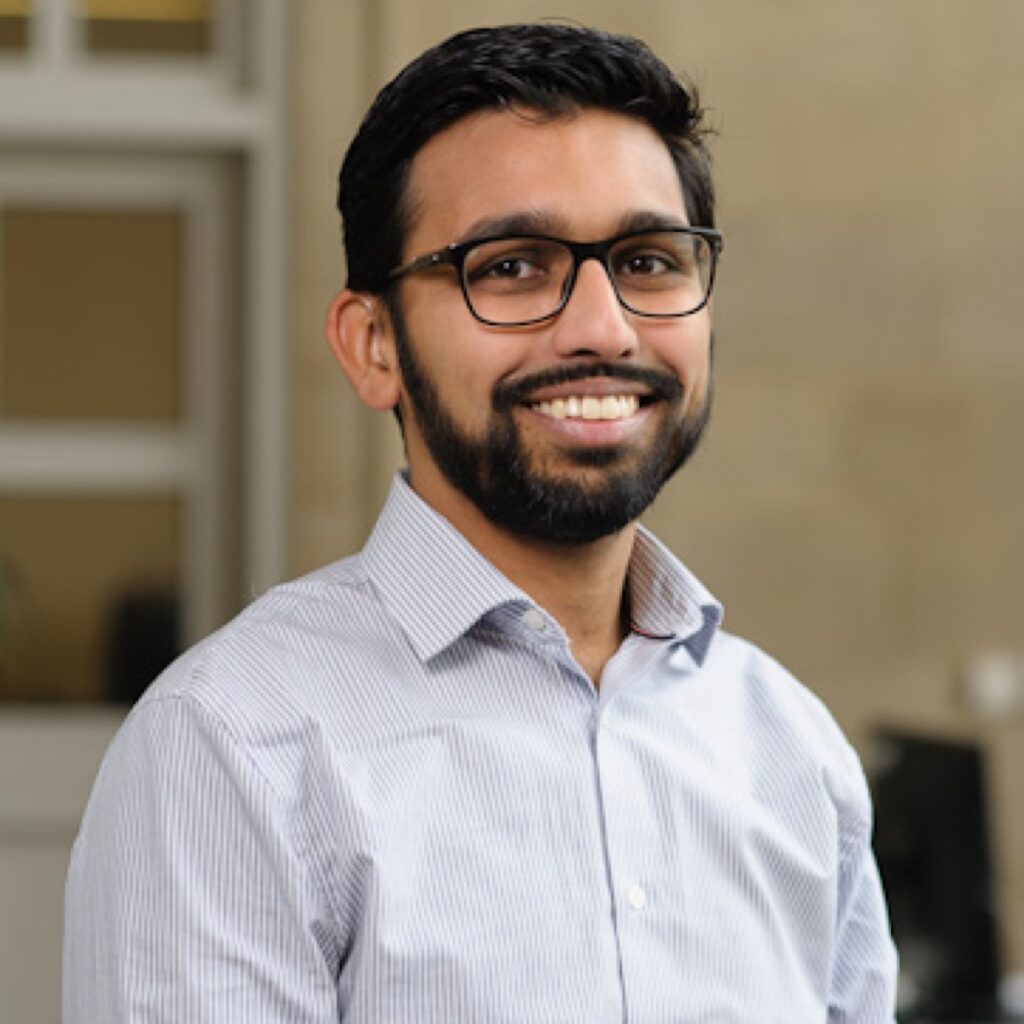
Dr Salman Waqar, is a GP and President of BIMA (British Islamic Medical Association). Religion is an essential part of his life and he shares advice for a healthier Ramadan.
“For me, Ramadan is like welcoming a long awaited, beloved family member who comes to visit once a year. There is an anticipation in reconnecting with it, being grateful for the providence it brings, yet recognising that our time together will be short-lived.
“Being a Muslim healthcare professional, I know our faith and our health, go hand in hand. And Ramadan is the perfect time to check in with ourselves, and our loved ones, to make sure we’re living life as best we can.”
Start preparing
Ramadan is a marathon and not a sprint. And training our bodies in the days before Ramadan, will help us to better manage the changes in our routine and reap the benefits of the holy month.
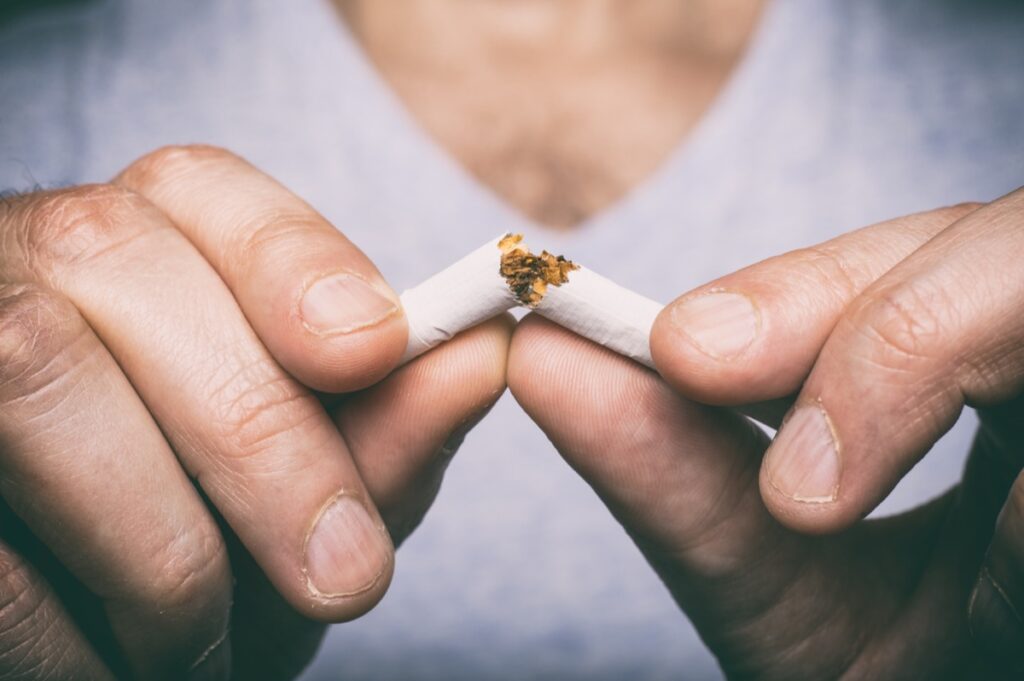
- Your medication: If you plan to take your prescribed medication outside of fasting hours, speak to your GP practice. They might discuss adjusting your timings, doses or medication type. Also, as your sleep patterns change, set an alarm to remind you to take medications.
Have a good sleep routine: Quality sleep and rest is important. Ease into a new sleep pattern in the days leading up to Ramadan, so you struggle less when it starts. - Quit smoking and tobacco: All forms of tobacco increase our risk of cancer and cardiovascular disease. Smoking or chewing tobacco also invalidates the fast. You’re more likely to quit with support and can get free expert advice from your local Stop Smoking Service. Also, nicotine skin patches won’t invalidate your fast and may help with cravings.
During Ramadan
Slow your pace during iftar: It’s hard to resist the sumptuous feasts laid out for evening meals when you have been craving food all day. To avoid bloating and indigestion, pace yourself and avoid eating too much too quickly. Keep meals well-balanced and nutritious with plenty of fruit and vegetables, as well as trying to reduce simple carbohydrates (like white bread and white rice, pasta, potatoes) in our diets.
Don’t skip suhoor: Try to have something wholesome for your morning meal, to set you up for the day. Complex, slow-release carbohydrates and foods with a low glycaemic index are digested through the day and release energy to keep you feeling full.
Stay hydrated and ease off tea and coffee: Drink plenty of water during non-fasting hours. Also, switching to decaffeinated options or weaning yourself off tea and coffee before Ramadan, may reduce the risk of caffeine withdrawal symptoms like headaches.
Stay active: It’s tempting to be less physically active during Ramadan, particularly as the days start getting longer and warmer. But going for a walk in the fresh air after iftar may help with digestion, while specialist resources are available to support healthy exercise during the holy month.
Long-term health changes
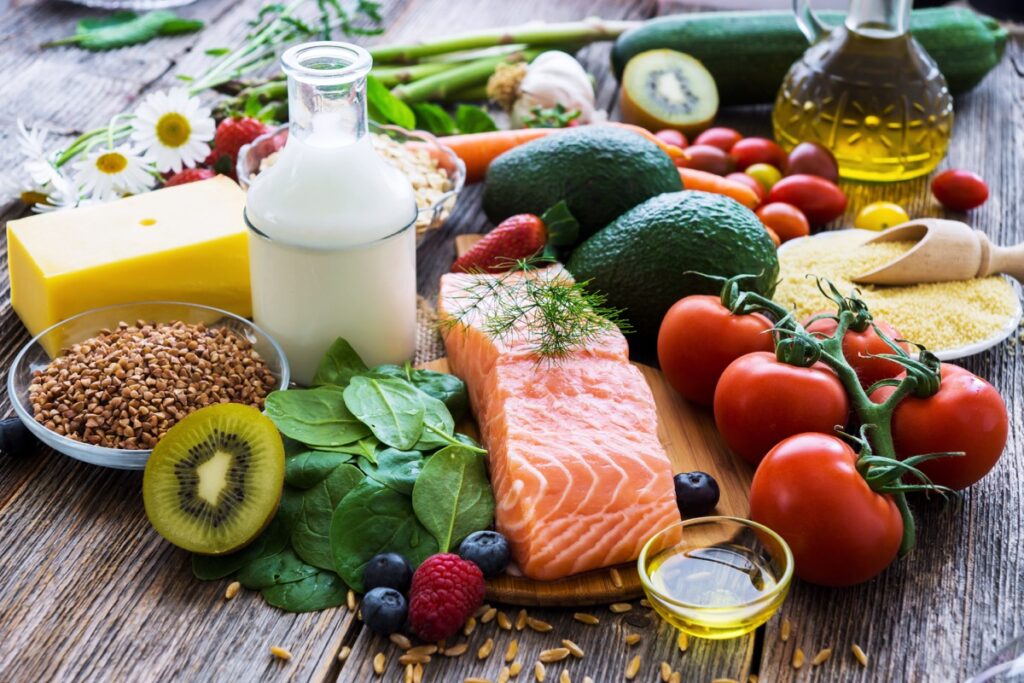
During Ramadan, we think about what we’re eating, when we’re eating, who we’re eating with, when we’re sleeping – our whole routine turns upside down for the month. But this is also an opportunity to make some positive lifestyle changes.
Revisit our diet: Think about the nutritional value and frequency of your meals in general. During Ramadan we aren’t snacking throughout the day. And by eating fewer processed meals and fast food, we can continue the year by eating more healthy and wholesome food.
Boost your mind: Ramadan is a time for reflection, prayer and reciting the Qur’an, which can help with spirituality and mindfulness. However, if you notice that your thoughts, feelings or behaviour are affecting everyday life, or were prior to Ramadan, speak with a healthcare professional. The NHS offers a range of mental health services and can put you in touch with other organisations that can help. You can also refer yourself for talking therapies via www.nhs.uk/talk.
HEADER: More time with loved ones
PIC: muslim_family_enjoying_the_outdoors
During Ramadan and Eid, families and communities come together to break their fast, pray and celebrate together. COVID-19 and other viruses are still circulating so if you feel unwell with any illness, take precautions and consider whether you need to break the fast.
Speak with your GP practice or call free on 111. If you do have any infection avoid going out and so potentially spreading it. Try to stay away from family members and others who are vulnerable because they are older or have an underlying health condition.
The best protection against COVID-19 is vaccination. If you haven’t had your first or second COVID-19 vaccination (or your third dose if you have been immunosuppressed) you can still get yours now, to reduce your risk of getting the virus.
Religious advice for Ramadan
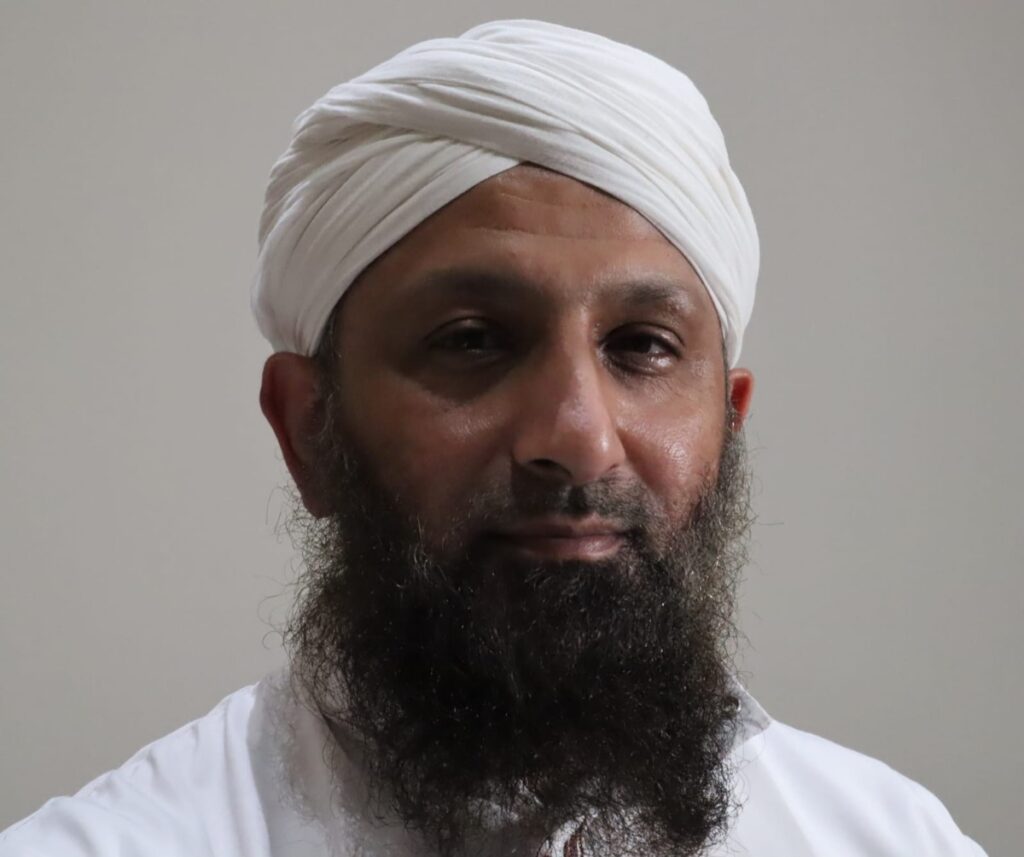
Yunus Dudhwala, an Imam in London advises the Qur’an requires healthy Muslim adults should fast during the month of Ramadan between dawn and sunset.
He advises: “Your health during Ramadan remains important. If you are elderly, pregnant or have a medical condition, fasting might not be safe. If you’re unsure, talk to a healthcare professional and you can also ask your Imam about other options.”
“If you plan on fasting, don’t miss out on the healthcare you need. Many scholars agree that getting a vaccination, using ear or eye drops or medicated skin patches (including nicotine and hormone replacement therapy) concentrated oxygen or haemodialysis treatment, or having a blood test or finger prick test won’t break your fast.”
“You can also seek help to quit the use of cigarettes, vape, shisha, chewing tobacco like paan, qaat, and gutkha or gum, as they will invalidate your fast.”
Local events
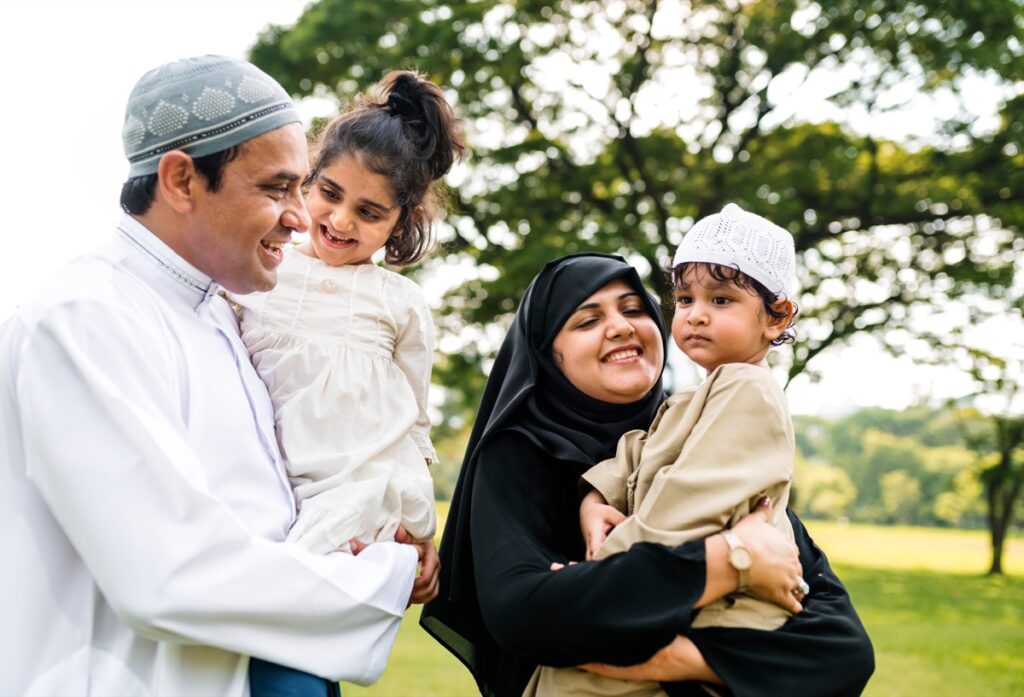
Many events are taking place across England throughout March and April. These include roadshows, fundraising activities, talks in mosques and open iftars in parks – a chance to spend quality time with our families and friends and enjoy the month of Ramadan together.
BIMA health days: BIMA (British Islamic Medical Association) recently held a series of pre-Ramadan health days in mosques across the country. Local health professionals discussed lifestyle choices and wellbeing, often alongside free health checks, including blood pressure, blood sugars and BMI. You can find out more about BIMA and other future events at www.britishima.org
Eid in the Square: The Mayor of London welcomes people from around the country to come together and celebrate Eid as well as mark the end of Ramadan. The annual event will be held on Saturday 29th April and is expected to attract more than 20,000 people to Trafalgar Square to enjoy a host of cultural activities and tasty food stalls.
If eligible, you can book your COVID-19 vaccination at nhs.uk/COVIDvaccine, by scanning the QR code, or by calling 119 for free. You can find out more about the NHS services at www.nhs.uk/nhs-services
